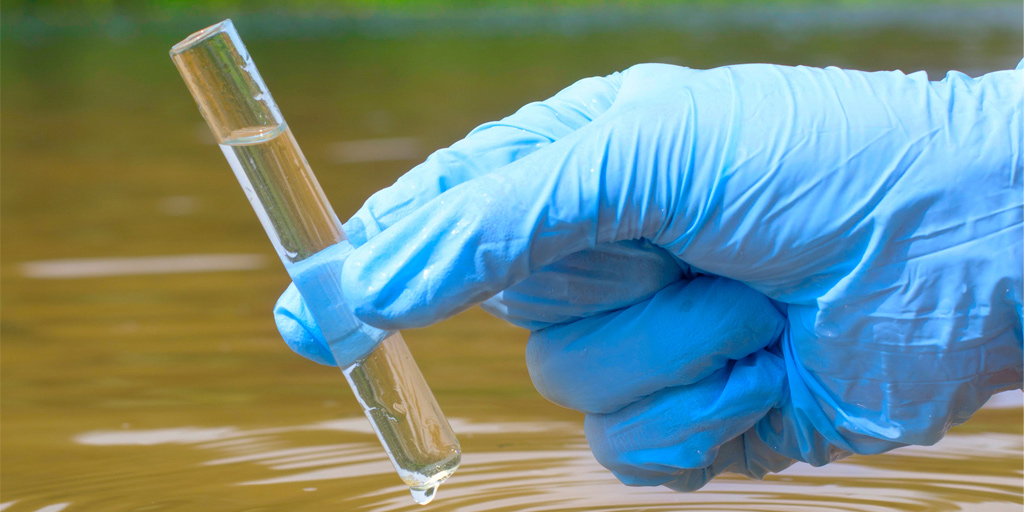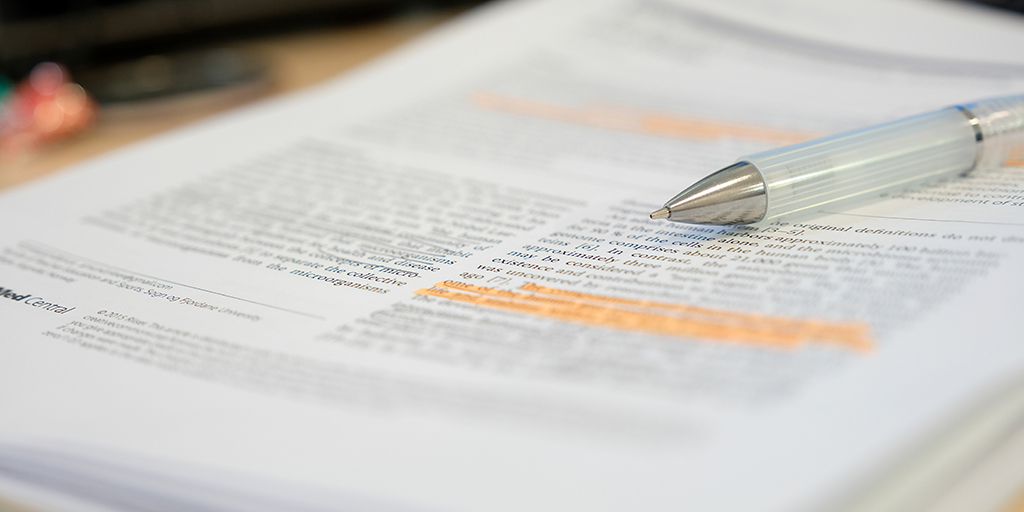PFAS are a large group of compounds that have been used to make everyday products such as clothing and pans resistant to stains, grease, and water. They are also a component of aqueous film-forming foams, which have been used for fire suppression at airports, industrial facilities, and military sites.
PFAS are found globally and have been detected in soil, surface and groundwater, wildlife, and in humans. While researchers have established links between exposure to some PFAS and disease, many of these chemicals have not been studied and there is still much to learn about how PFAS may be affecting human health.
NIEHS is committed to studying the health outcomes and cleanup of PFAS, as well as communicating research findings to diverse audiences. NIEHS-funded research has revealed associations between PFAS exposures and a variety of adverse human health outcomes, including immune system dysfunction, impaired child development, and cancer. Additionally, NIEHS-funded researchers have developed promising technology that could help in the cleanup of areas where PFAS exposure is a problem.
Program Contacts
PFAS Health Effects Program Contact
-

-
Thaddeus T. Schug, Ph.D.
Health Scientist Administrator -
Tel 984-287-3319
schugt2@niehs.nih.gov -
P.O. Box 12233Mail Drop K3-15Durham, N.C. 27709
PFAS Clean-up and Technologies Program Contact
-

-
Heather Henry, Ph.D.
Health Scientist Administrator, Superfund Research Program -
Tel 984-287-3268
henryh@niehs.nih.gov -
P.O. Box 12233Mail Drop K3-04Durham, N.C. 27709
to Top







